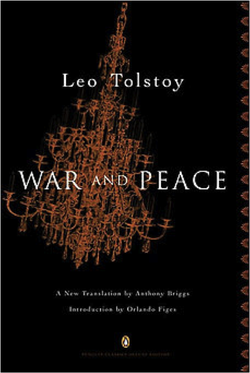
Author: Leo Tolstoy (Anthony Briggs Translation)
Genre: Horror, science fiction, thriller
# pages: 1358, 1408 with notes
Date published: 1869
5-star rating: 5 stars
Would you recommend it? Yes
Perhaps it is the novel’s reputation as Tolstoy’s masterwork, to be referenced and reflected upon for a generation of Russian writers. Perhaps it is its girth, so sprawling that Tolstoy reportedly called it “not a novel” and “still less a historical chronicle,” but “what the author wanted and was able to express, in the form in which it is expressed.” Still yet it may be the title of War and Peace itself, a sweeping overview of the broad cross-section of the world it seeks to portray, and seeming to imply a philosophical inquiry into the nature of warfare and its effect on the societies involved, rather than a human story. Despite these and other red flags that might intimidate a modern reader, it would be a shame to dwell on them, because War and Peace ultimately proves emotional, compelling, and terrifically readable.
In spite of its sweeping title, and a smattering of rather metaphysical tangents along the way, Tolstoy’s work emerges as a distinctly affecting, even tender story. Napoleon’s invasion of Russia, though the central axis on which the plot turns, never overwhelms the far more intimate struggles in the daily lives of the characters. The dichotomies of love and loss, of nationalism and personal interest, of duty and desire, all manifest themselves not only in Tolstoy’s sweeping examination of the war itself but in the lives of the three major protagonists and their families. Natasha, Prince Andrey and Pierre emerge as human figures, inherently flawed and utterly relatable. Most of us can sympathize with Natasha’s confusion between infatuation and love in attempting to find a partner, or Pierre’s ill-fated philosophical experimentation in his quest to understand the meaning of life.
In short, War and Peace need not be so intimidating. Beneath the cacophony of names and places, of battles and cold history, lives a novel of people struggling with forces beyond their control; perhaps we can even call it a heart. And therein lies the reason to read War and Peace at all, if we put to rest our preconceived notions, our wider views of war and peace, and simply give ourselves up to the small victories, the moments quiet and monumental, the intimate victories that people Tolstoy’s world.
Review by Jennifer Heine, A&S '16

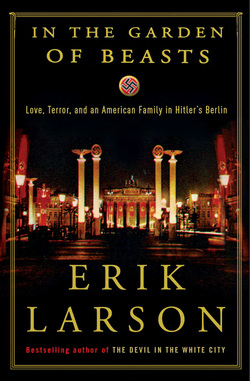
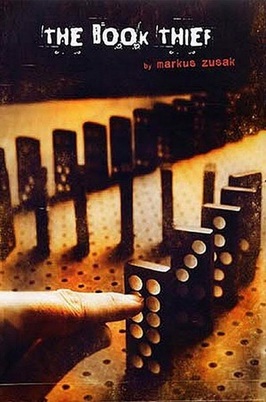
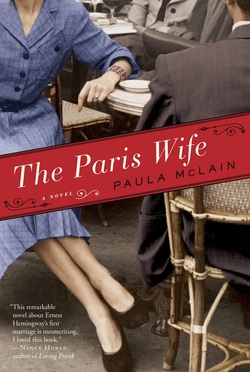
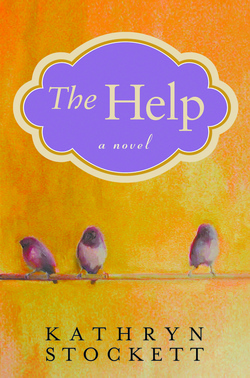
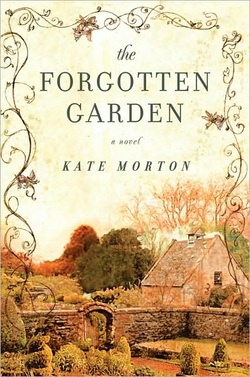
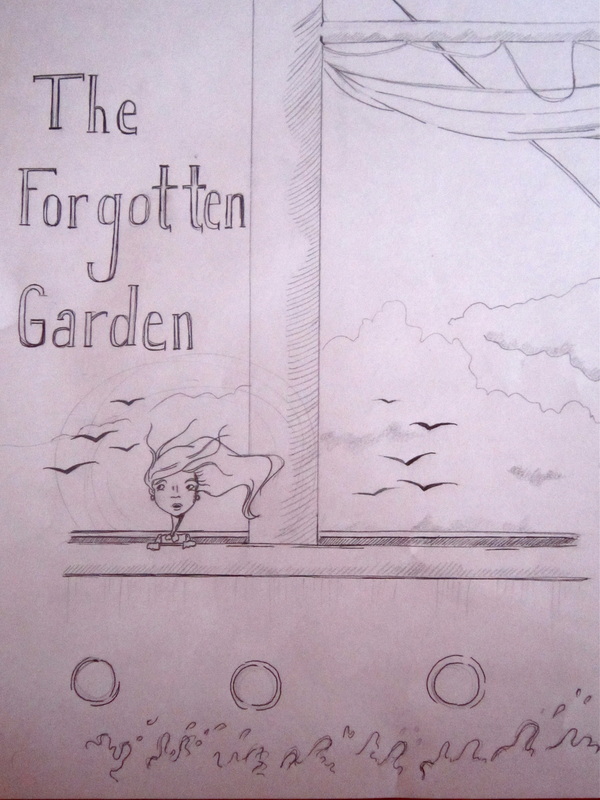
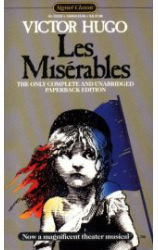
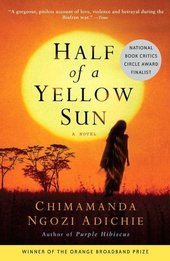
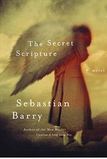
 RSS Feed
RSS Feed
